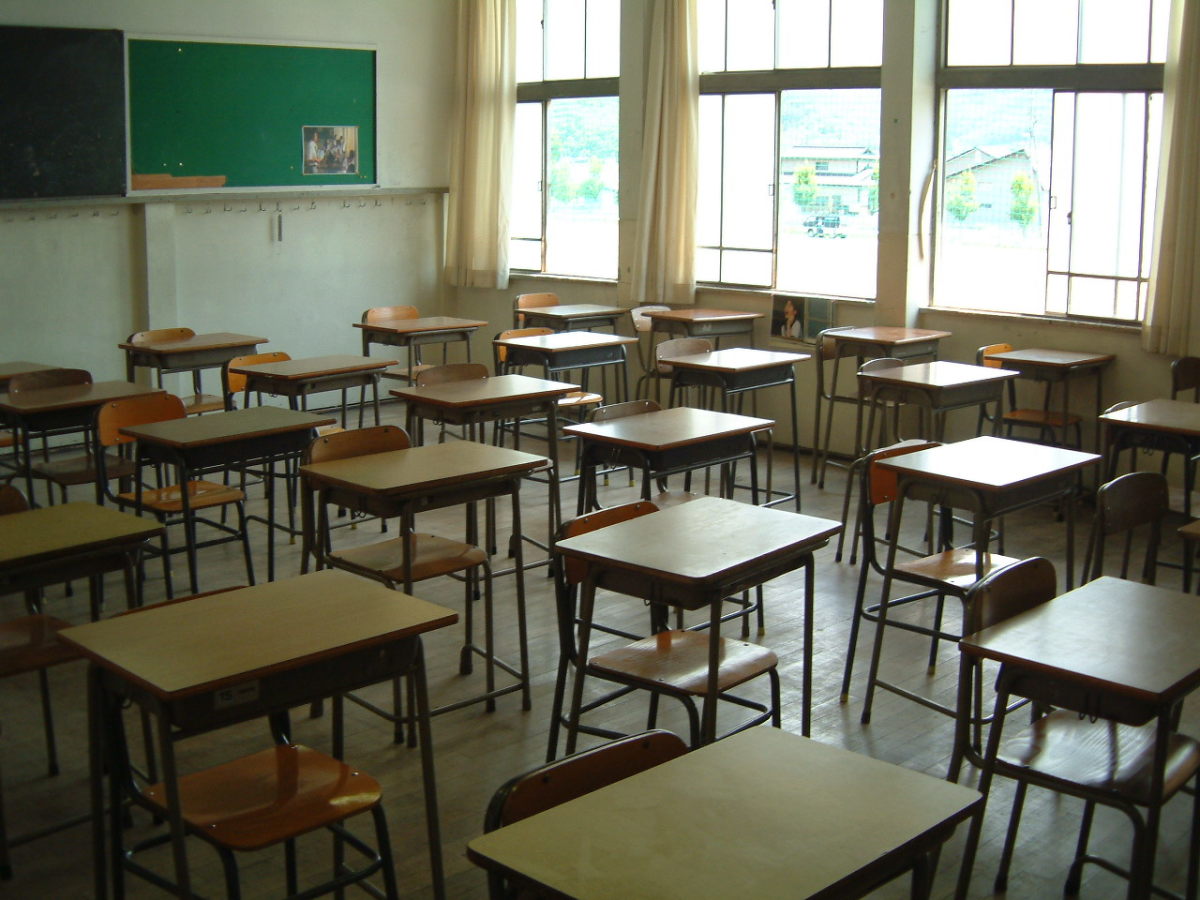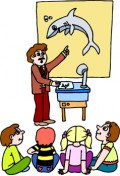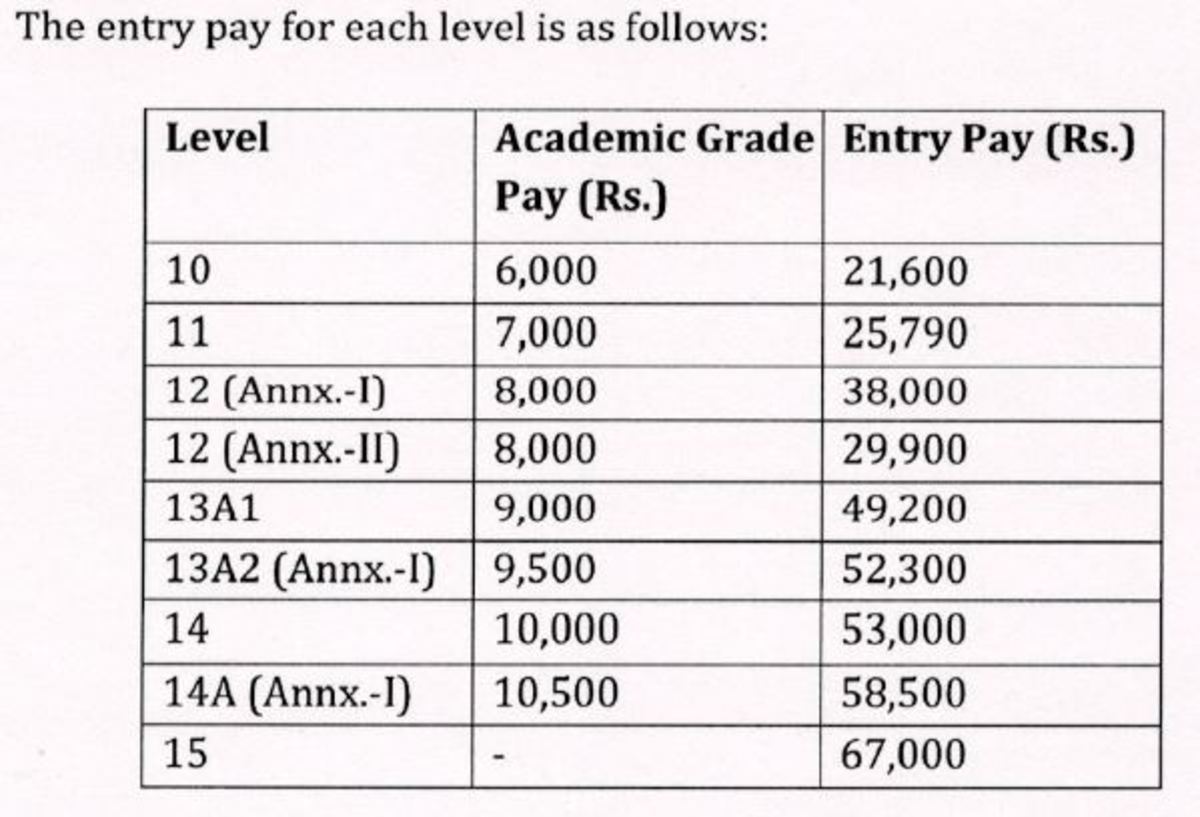How To: Teaching a Young Class
These Young Learners Are Reading
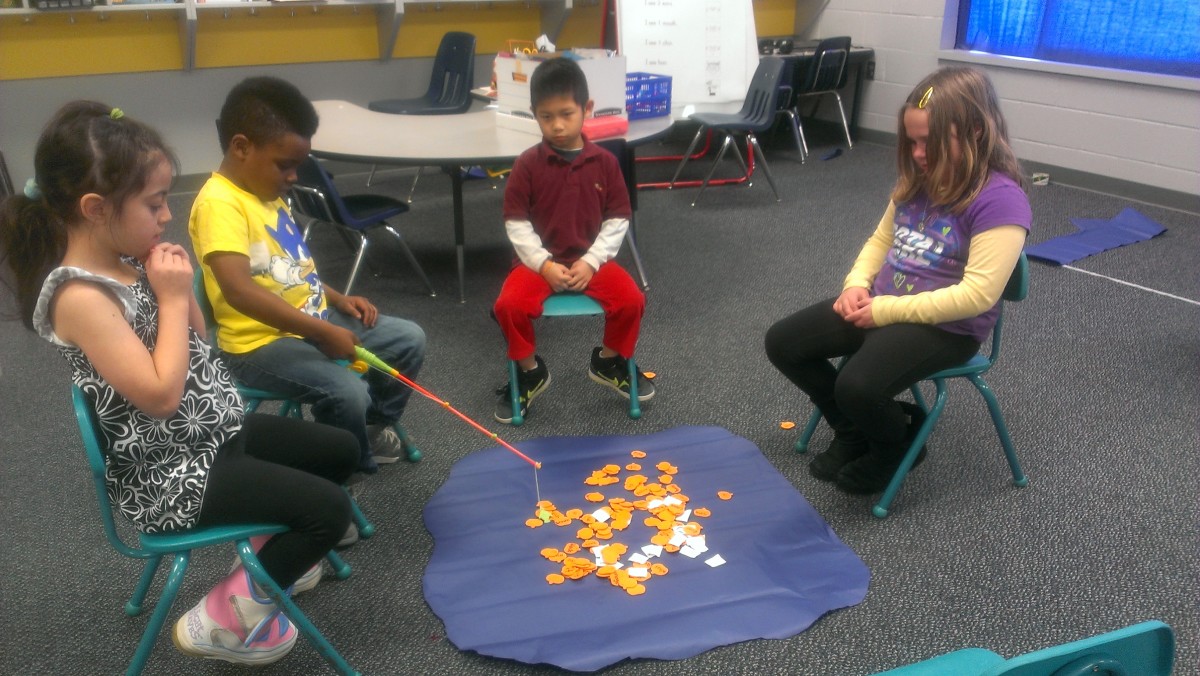
So You Want To Be A Teacher
So you want to be a teacher. First, you have to ask yourself a question. And that question is why do you want to be a teacher? If it is for anything less than a love of children and a love of learning, you probably need to think about another occupation.
Teaching is not an easy job. Some people think that you have it easy – short hours, free summers and all of those days off during the school year. And how hard can it be teaching little kids? You get up in front of them and talk – that’s it. Right? Wrong!
Multiple Intelligences
There are seven different types of intelligences or learning styles.
- Visual or Spatial Intelligence - People with this intelligence learn by seeing. They are the ones who can easily put puzzles together and see things in unique ways. They are the ones who love all of those charts and graphs that people make.
- Verbal or Linguistic Intelligence - People with verbal intelligence love words. When they think, they think in words instead of pictures. They are often great speakers and can talk their way out of anything!
- Logical or Mathematical Intelligence - These people love numbers and patterns. They like to ask questions and figure out the answers. These are the people that love those long math problems that most of us dread!
- Bodily or kinesthetic Intelligence - These are the active learners - the ones that learn best while moving. They are the dancers and sports figures that we love so much. They like using their hands to learn.
- Musical or Rhythmic Intelligence - What would the world be without music? People with this intelligence are the ones who write our music, play the instruments and provide the wonderful music to the rest of us. These learners love the songs that teach the facts that they need to learn.
- Interpersonal Intelligence - People who love and understand people have interpersonal intelligence. These people are the ones who understand why people behave they way they do and how to help them solve problems. They are good communicators because they know how to read people.
- Intrapersonal Intelligence - People who understand how and why they work. They think about thinking and learning. They are deep thinkers and are often our philosophers and religious leaders.
Planning To Teach a Young Class
After all that planning, you need to teach the lessons. And all of those plans you have so carefully prepared? Be prepared to throw some of them right out the window! Sometimes the students are so enamored with the subject, they clamor for more. Sometimes they don’t understand a thing you are trying to teach. Either way, you need to be ready to toss everything you have prepared aside, and go at the lesson from a different angle. On some occasions, some part of the lesson ends up taking an unexpected turn, and you find yourself in the middle of a teachable moment that you just have to go with – lesson plans, pacing guides and administrators be damned!
And remember while you are teaching those lessons, you have to remember that you must present the information in a variety of ways. You must reach those students who learn visually – maybe with drawings or a video or other eye-catching idea. Don’t forget those auditory learners – maybe a song to help them remember the times tables. And those wigglers? Yeah – you have to find a way to keep their moving little bodies entertained while they learn the concept you are trying to teach. Then you have those who are interpersonal or intrapersonal learners! You must include something in the lesson for them!
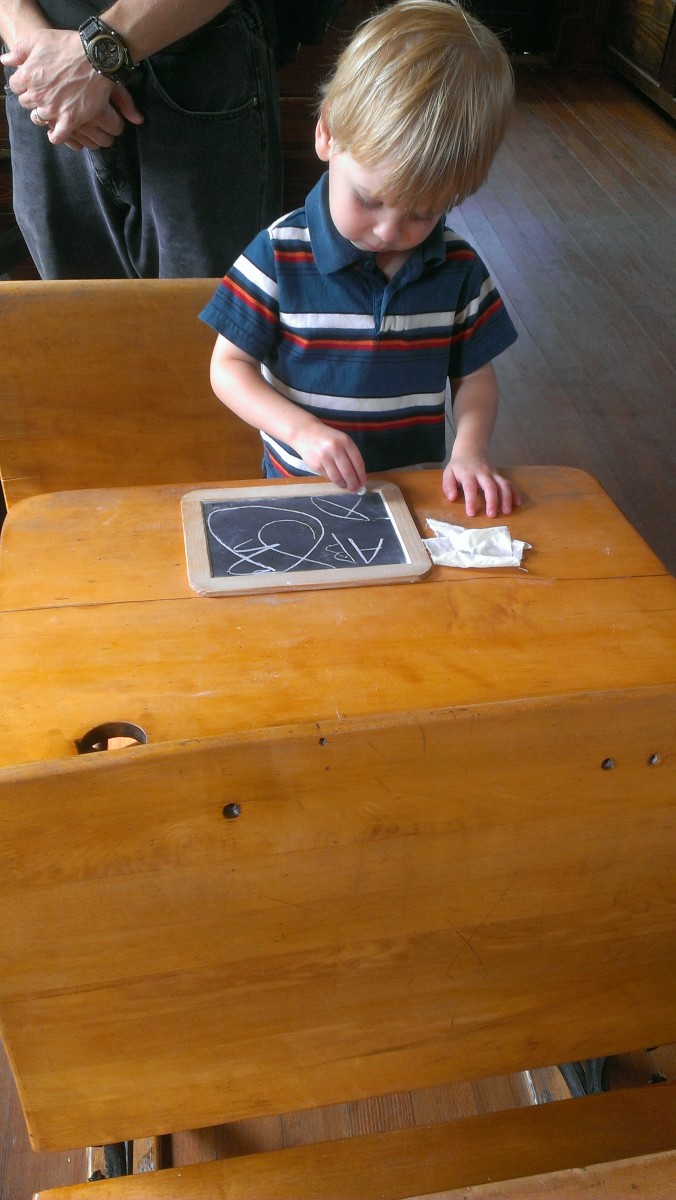
Assessing and Grading a Young Class
After you teach the lesson, you have to grade the students. How do you assess the kids in your classroom? Some of your special learners will need to be assessed differently. You might have to give an oral assessment. Or modify the assessment so that you can get the information you need with fewer questions – or scribe for them. Once you have assessed all of your students in all of the different ways you need to assess them, you need to grade all of them. This can be done in all your free time at school – in between the 90 minutes of uninterrupted reading, the 60 minutes of uninterrupted math, two hours of specials (that you have to attend because of that one student with behavior issues), lunch that you have to supervise and a quick recess to burn off some energy. If you don’t get it done at school, it needs to be done at home, because you have those parents that want those scores from those papers and assessments as soon as they are finished.
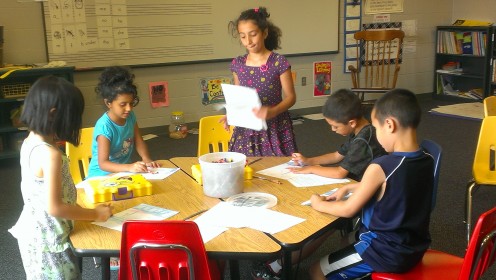
Other Things To Remember When You Handle A Young Class
When you are done with all of that, you need to remember that staff meeting that is Monday before school. You also have that group of parents that want to meet with you after school on Thursday to discuss the garden club they want to start with your class. On Tuesday, you have to stay until late in the evening because of the music program and curriculum night. And the kids don’t have to make up those snow days, but you and the rest of the staff have to come in for more in-service hours. You also have in-service hours for the week before school begins for the year, the two days before winter break, the three days before spring break and the week after school lets out. If it’s time for you to renew your certificate, you also have to take advantage of all of the after school in-services and the summer college hours.
Now You Can Handle Teaching A Young Class
Teaching is not an easy job. The pay is not that good, either. But teaching has more rewards than almost any other career out there. You get sticky hugs, lollipop kisses, light bulb moments and all of those other rewards that do not involve money. The long hours of preparation, grading and testing are all worth that one child that finally gets it. If you understand this – and you love the idea of being the one to turn that light one – then maybe teaching is for you!

